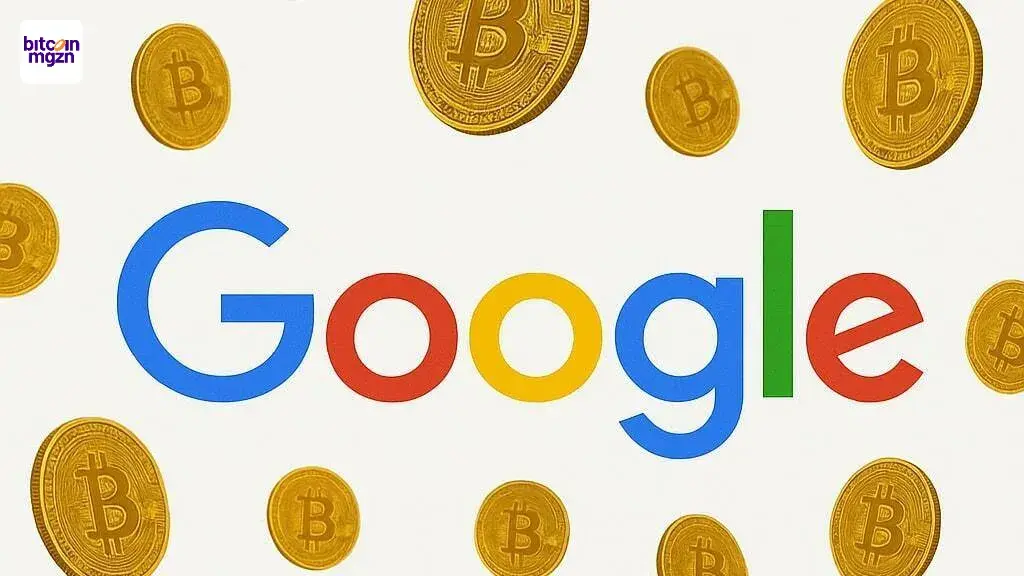Russia’s campaign against US tech escalates with new lawsuits
Russia has just slammed Pinterest, the Wikimedia Foundation, and Google with lawsuits for violating local internet regulations, the latest move in its alleged campaign against foreign tech companies.
According to a Reuters report, a Russian court has slammed social networking sites Pinterest and Twitch with fines in separate cases for violating local internet regulations.
Pinterest is being demanded to pay 10 million rubles, approximately $123,692, while Twitch received a fine of 61 million rubles ($770,000).
The lawsuit comes shortly after the Wikimedia Foundation was fined six million rubles ($75,000) for failing to comply with requirements set by Roskomnadzor, Russia’s communications watchdog. Google was also fined 7 million rubles ($86,585) for allegedly violating local internet regulations.
The campaign has lasted years, and if the latest round of litigation has anything to say about it, it won’t end anytime soon.
The latest round of lawsuits targets American tech companies
Google was reportedly found guilty under Part 2 of Article 13.49 of Russia’s Administrative Code, which covers the failure of foreign companies to meet legal obligations related to operating online services within the country.
Google’s issues in Russia have lasted for quite some time. In October last year, it slammed the tech giant with a 20 decillion-ruble fine, an amount that is larger than Google’s market value and the IMF’s estimate of global GDP of around $110 trillion, for blocking Russian state media channels on YouTube.
The dispute’s origins go way back to 2020, but it escalated after Moscow’s full-scale invasion of Ukraine. At first, daily fines started at 100,000 rubles, but they quickly increased and began doubling for continued non-compliance.
By 2022, Google’s Russian subsidiary was declared bankrupt, ending its commercial services in the country, though its consumer products have remained accessible.
Russia’s campaign against foreign tech companies
Russia has been at loggerheads with foreign technology companies in disputes that intensified after it invaded Ukraine in February 2022. Since then, it has slammed said companies, especially the American ones, with fines and litigation that has continued into 2025.
Following the invasion, Twitter and Meta Platforms’ Facebook and Instagram were immediately blocked, while YouTube became a target of the Russian state’s ire.
Meta, labeled as “extremist” since 2022, has also faced fines. Tensions seemed to ease last January when Russian court penalties against Google, YouTube, Meta, TikTok, and Telegram appeared settled, as the companies were no longer listed as debtors in the state bailiffs’ database.
It is unknown how these tech companies will respond to the new set of litigation, but historically, many of them that have faced hostility in Russia chose non-compliance and exit.
In fact, after the Ukraine invasion in 2022, quite a number of U.S. tech companies, including Apple, Microsoft, and Cisco, partially or fully exited Russia to avoid sanctions, ethical concerns, and pressure from Ukraine’s Vice Prime Minister Mykhailo Fedorov.
The rest that remained in one form or another have been struggling ever since, dodging fines and lawsuits that may eventually push them out completely.
KEY Difference Wire: the secret tool crypto projects use to get guaranteed media coverage
You May Also Like

Google Cloud test eigen blockchain voor betalingen

Cardano (ADA) Price Forecast, Injective’s ETF Buzz, & Cold Wallet’s $6.4M Surge; Top Altcoins For August
